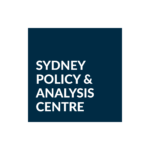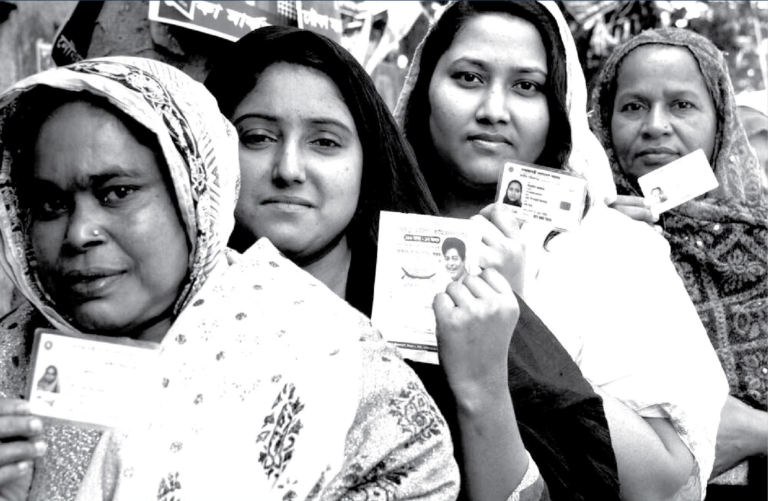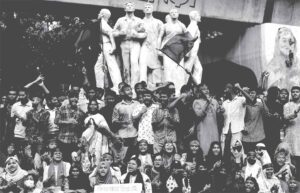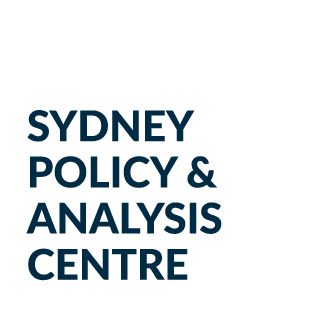On January 7, 2024, Bangladesh had its 12th national parliamentary election. The election was boycotted by the main opposition party, BNP, and its alliance partners, giving the ruling alliance, led by Awami League (AL), a walkover. Awami League’s official nominees won in 224 constituencies, while independent candidates, backed by factions of the local Awami League, won in 62 constituencies. Four other parties, all allied with the ruling party, won in the remaining 14 constituencies. The candidates of these four parties didn’t have any official AL nominee in their constituencies.
Human rights groups think tanks, and analysts have questioned the credibility of the election, and there is a widespread concern that the election would make Bangladesh more authoritarian in the future.
Against that background, the Asia Democracy Network (ADN) and Sydney Policy and Analysis Centre (SPAC) have launched a bimonthly webinar series on Bangladesh. The first of the six webinars was held on April 5, 2024, where the participants discussed the nature of the election, the role of the state and the key development and trade partners, as well as the future of Bangladesh’s political system and relations with the global partners.
This briefing paper provides a summary of the discussion.





